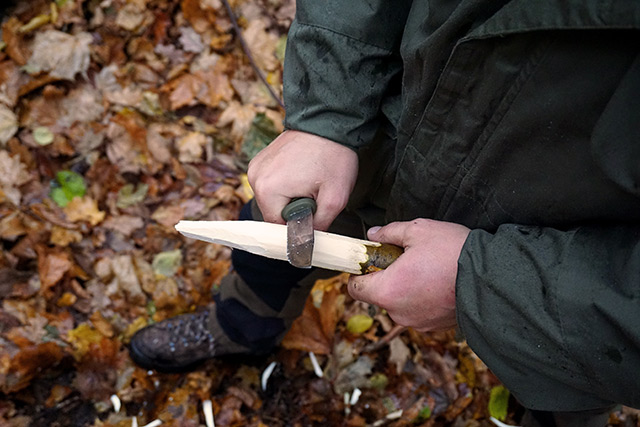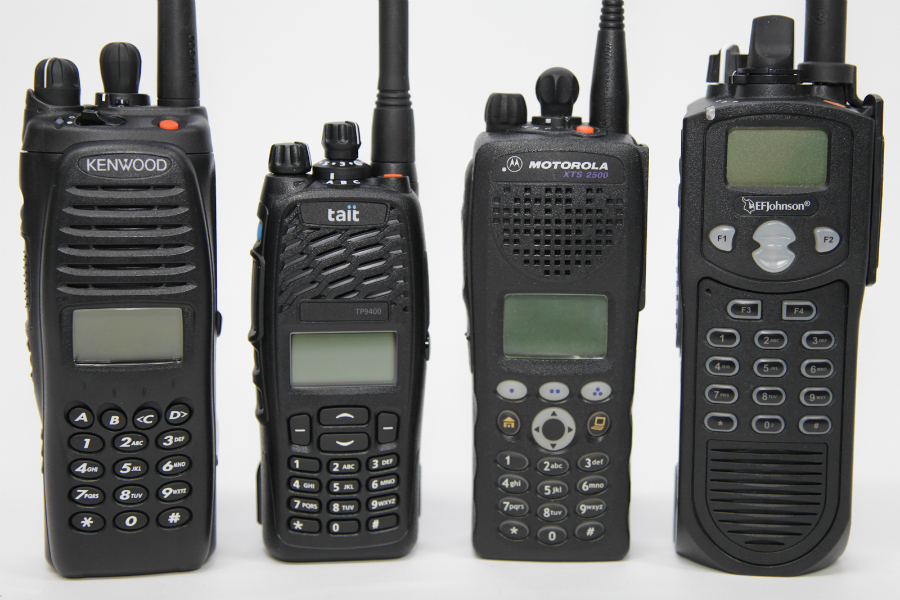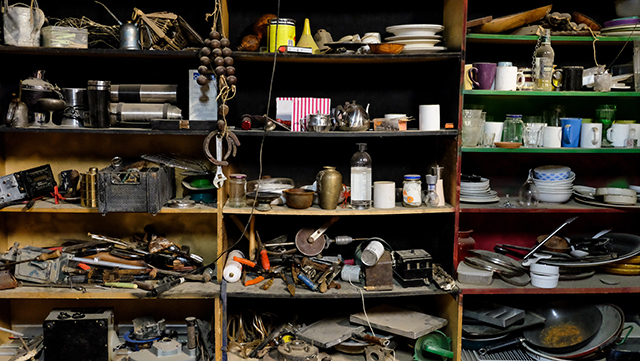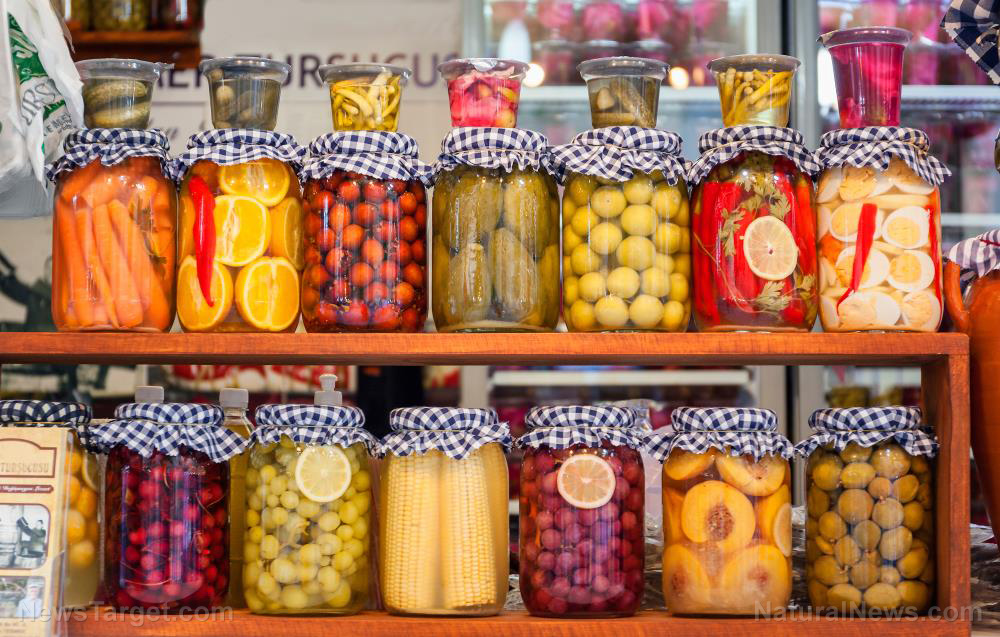
After a widespread disaster scenario and society as you know it collapses, money will eventually become useless. So how can you get more food and supplies?
If you're worried about a scenario like this, learn how to set up a barter network in a post-SHTF world. (h/t to TheOrganicPrepper.com)
While bartering may seem strange to the modern prepper, the creation of barter networks is an old tradition.
In the past, semi-nomadic tribes living by the ocean exchanged fish, seashells or textiles to get what they needed. After SHTF and society returns to a primitive state, the means of exchange will do too.
Detailed below are four factors to consider before starting a barter network.
What bartering platform are you going to use?
Can you still use your social media accounts after SHTF? If you're worried about security or privacy, consider using an old-school style BBS message board as an alternative for internet-based barter and trading platforms.
If the internet goes down, you can still use BBS message boards because they will keep running as long as the telephone lines keep working.
And if the phone lines go down, you can use HAM radios instead, especially if you are worried about the internet’s general lack of privacy. (Related: What you and your community need to do within the first 90 days of a catastrophic collapse.)
Are you bartering goods that are considered legal?
Once you decide on your platform, make sure the items you want to trade are considered legal. If you keep the receipts of everything you buy, people you trade with won't have to worry about being accused of stealing.
To avoid getting into trouble when bartering, don't trade with people who refuse to tell you where their items came from because they could have been stolen from someone else.
If you don't have the original receipts for items you want to barter, figure out a way to prove that it is legitimate, like a hand-written receipt or a chit.
Here are some items that you can stockpile for SHTF bartering:
- Feminine products
- Food
- Honey
- Hygiene products
- Light (such as flashlights, batteries, candles or lanterns)
- Medical supplies
- Salt
- Spices
- Sugar
- Tools
- Water
Do you know the base value of your supplies?
The "base value" refers to the current average price someone is willing to pay for your goods. Before you trade, make sure you know what the current market barter value of goods is so you don't get cheated.
This requires a bit of experimentation and risk, but you can significantly offset this risk by checking the market thoroughly.
Shop around and compare prices. Try to find out what others are asking for similar goods to get a better idea of what your items are worth.
Do you know who you're dealing with?
Ideally, your barter network should include other preppers you can trust. Before you barter with someone, try to find out if they have a good reputation. Find mutual friends who can vouch for their character.
Do all of this before setting up a trade so you can avoid potential danger. The more you know about your bartering partner, the more you can trust their product.
Knowing your network can help you avoid these situations. If you don't know them, don't trade with them.
When starting a barter network, make sure it is reliable and safe for all parties involved. Avoid dealing with people who are acting suspiciously.
When SHTF, no matter how many survival skills you have mastered, you won't be able to produce everything you need for yourself. If you need something and it's not in your stockpile, trade with a prepper you can trust.
Watch the video below to know more about how to barter and trade after SHTF.
This video is from The Gliding Alligator channel on Brighteon.com.
More related stories:
Prepper skills: How to barter effectively after SHTF.
Prepping to barter when SHTF: What skills to learn and items to stockpile.
Why you should learn to barter for when SHTF.
Sources include:
Please contact us for more information.




















